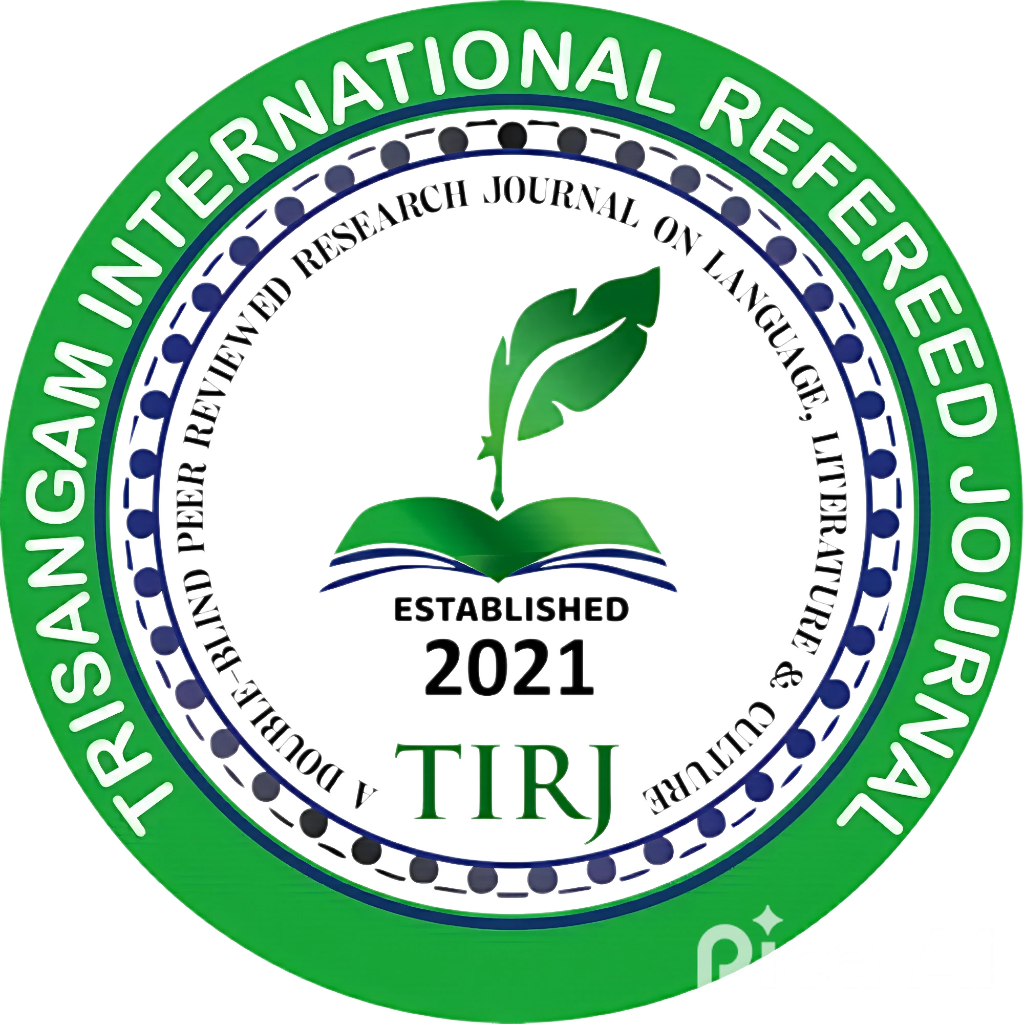Exploring Nationalism in Bankim Chandra's Philosophy/বঙ্কিমচন্দ্রের দর্শনে জাতীয়তাবাদী ধারণা
Keywords:
- Bankimchandra,
- Nationalism,
- Patriotism,
- Society,
- Swadeshi movement,
- Anandmath,
- Bangadarshan,
- Dharmatattwa
Abstract
The concept of Swadesh (homeland) has evolved significantly over time. In ancient and medieval periods, it did not carry the same nationalistic meaning as it does today. During monarchical rule, a ruler’s domain was considered Swadesh, and the subjects’ loyalty was directed toward their king rather than a collective nation. The idea of patriotism, in the modern sense, was absent. People fought to defend their ruler’s territory, but their allegiance was personal rather than ideological. Unlike Bhagat Singh, who fought for an independent nation, the warriors of Shivaji or Rana Pratap were loyal to their respective rulers, not to a broader nationalist cause.
The transformation of Swadesh into a concept of national identity gained momentum after the French Revolution, which led to the decline of monarchy and the rise of democracy. This shift redefined sovereignty, placing power in the hands of the people instead of a single ruler. Nationalism emerged as a psychological and ideological force, fostering a deep sense of allegiance to one’s homeland. As these ideas spread across the world, they also influenced India and Bengal.
In Bengal, literature played a crucial role in shaping nationalist consciousness. Poets, philosophers, and novelists introduced and reinforced the idea of Swadesh through their works. Bankim Chandra Chattopadhyay was a key figure in this intellectual movement. His writings reflected the transition from loyalty to a king toward a broader sense of national identity. His novels and essays not only depicted patriotism but also provided a philosophical foundation for nationalism in Bengal.
This research paper explores the rise and evolution of nationalism in Bengali society from a socio-philosophical perspective. By analysing Bankim Chandra’s works, it examines how he conceptualized Swadesh and contributed to the nationalist discourse. Through this study, we gain insight into the intellectual and cultural shifts that shaped the nationalist movement in Bengal and India.
Downloads
References
১. https://alkama.org/Classicpoems/SwadeshiBhasha.html, 7 March 2025. Bengali. 29 March 2025.
২. Derozio, Henry Louis Vivian. To India-My Native Land. 1828
৩. ঠাকুর, রবীন্দ্রনাথ, রবীন্দ্র-রচনাবলী, পঞ্চম খন্ড, বিশ্বভারতী, ১৯৬৩, পৃ. ৫৩৪
৪. চট্টোপাধ্যায়, বঙ্কিমচন্দ্র, ‘ধর্মতত্ত্ব’, বঙ্কিম রচনাবলী, দ্বিতীয় খন্ড, যোগেশ চন্দ্র বাগল সম্পাদিত, বঙ্গীয় সাহিত্য পরিষদ, ১৩৬১, পৃ. ৬৬০
৫. ঐ
৬. ঐ, প. ৬৬১
৭. ঐ
৮. দত্ত, হীরেন্দ্রনাথ, দার্শনিক এবং বঙ্কিমচন্দ্র, শ্রীভারতী প্রেস, ১৩৪৭ বঙ্গাব্দ, পৃ. ৬১
৯. চট্টোপাধ্যায়, বঙ্কিমচন্দ্র, আনন্দমঠ, বঙ্কিম রচনাবলী, প্রথম খন্ড, যোগেশচন্দ্র বাগল সম্পাদিত, বঙ্গীয় সাহিত্য পরিষদ, ১৩৬০, পৃ. ৭২৫
১০. Haldar, M.K. Renaissance and Reaction in Nineteenth Century Bengal. Calcutta: Minerva Press,1977. P. 117
১১. চট্টোপাধ্যায়, বঙ্কিমচন্দ্র। ‘ভারতবর্ষের স্বাধীনতা ও পরাধীনতা’, বঙ্কিম রচনাবলী, দ্বিতীয় খন্ড, যোগেশ চন্দ্র বাগল সম্পাদিত, বঙ্গীয় সাহিত্য পরিষদ, কলকাতা, ১৩৬১, পৃ. ২৪২
১২. ঐ, ২৪৫
১৩. চট্টোপাধ্যায়, বঙ্কিমচন্দ্র, ‘বাংলার ইতিহাস সম্বন্ধে কয়েকটি কথা’, বঙ্কিম রচনাবলী, দ্বিতীয় খন্ড, যোগেশ চন্দ্র বাগল সম্পাদিত, বঙ্গীয় সাহিত্য পরিষদ, ১৩৬১, পৃ. ৩৩৬
১৪. ভট্টাচার্য, সুপ্রিয়া সেন, উনবিংশ শতাব্দীর স্বদেশ চিন্তা ও বঙ্কিমচন্দ্র, কলকাতা বিশ্ববিদ্যালয় প্রকাশনা, ১৯৯৬
১৫. ফজল, আবুল, ‘বাংলা সাহিত্যে সাম্প্রদায়িকতা’, মানবতন্ত্র। ঢাকা: মুক্তধারা, ১৯৭৩
১৬. করিম, রেজাউল, বঙ্কিমচন্দ্র ও মুসলমান সমাজ, ঢাকা : বাংলা একাডেমি, ১৯৮৭
১৭. চট্টোপাধ্যায়, বঙ্কিমচন্দ্র, ‘সীতারাম’, ব্রজেন্দ্রনাথ বন্দ্যোপাধ্যায়, সজনীকান্ত দাস সম্পাদিত, ১৯৩৯






